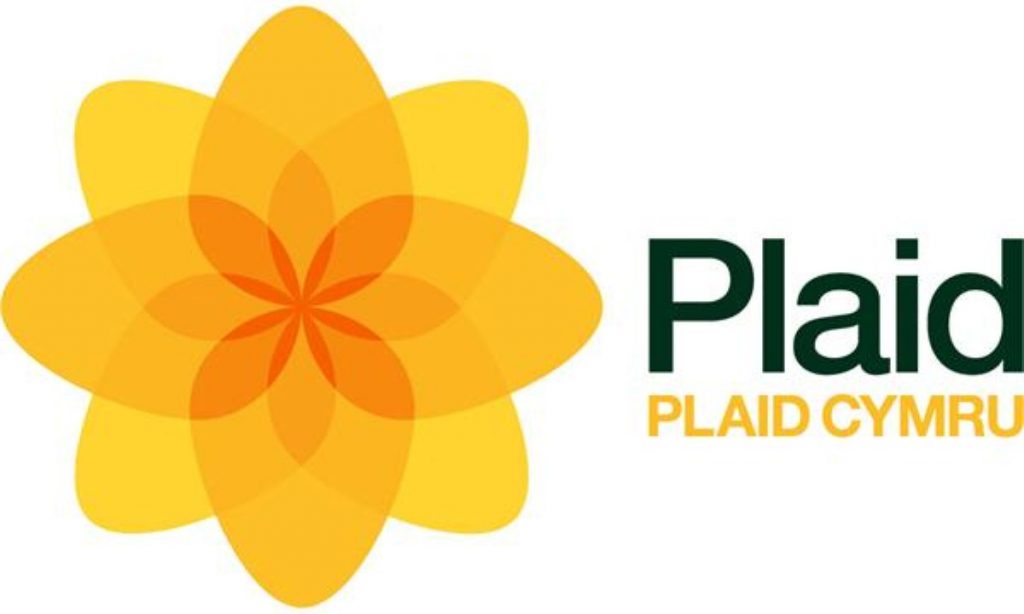Highs and lows: Plaid Cymru
After a mediocre performance in the 2005 elections Plaid Cymru is hoping to make better progress this time around. Boundary changes are acting in their favour, but will the party’s coalition with Labour in the Welsh Assembly prove a blessing or a curse? We’re following Plaid’s progress throughout the general election 2010 campaign.
High
February 9th: Assembly referendum vote – Assembly members backed a ‘trigger’ referendum on transferring powers from London to Cardiff. It opened the way for the Welsh people to rubber-stamp further transfers of power, allowing, as Elfyn Llwyd put it, the Assembly to govern without going “cap in hand to the Westminster government every time”.
Low
February 17th: Pension hike plans attacked – After the party’s spring conference Welsh Labour attacked Plaid’s plans for raising taxes at the election. The Western Mail newspaper reported the party’s plans to raise over £9 million in taxes by limiting income tax relief on pension contributions for higher earners. Welsh Labour called the plans “the usual confused separatist and economic jambalaya”.
High
Welsh language law – After two-and-a-half years of arguing over the Welsh Assembly’s remit to legislate on the issue, moves to lay the first ever legislation on the Welsh language delighted the nationalists. “For those of us who have been battling for the language for decades and have been calling for this throughout that time, the delivery of this will be a key moment,” Hywel Williams said.


Low
March 24th: Anger at debate exclusion – Plaid, together with the SNP, threatened to withdraw support for the licence fee after they were excluded from the leaders’ televised debates.
Low
March 30th: TV debate grumpiness – Frustration with Plaid’s exclusion from the three televised leaders’ debates hit a low point when it was reported that Plaid had failed to reach a deal with the BBC.
High
April 8th: Jones rallies the troops – The Welsh nationalists launched their election campaign in Menai Bridge on Anglesey, a vital battleground. Wales’ deputy first minister and Plaid leader Ieuan Wyn Jones said the only way to break the “Westminster bubble” is to elect “local champions”.
Low
April 12th: Retreating from a grilling – The Western Mail reported that an interview with party leader Jones had been cancelled because the interviewer was due to be ex-Tory minister Rod Richards, leading to embarrassment.
High
April 13th: Public services pledge. The Welsh nationalists used the launch of their party manifesto to promise to protect public services – warning that Westminster parties could impose stinging cuts on the country.
Low
April 22nd: BBC debate appeal defeat – Plaid and the SNP lost their appeal to the BBC Trust against the decision to exclude their leaders from the televised debates. Further legal action seems unlikely – as the nationalists can’t afford it.









